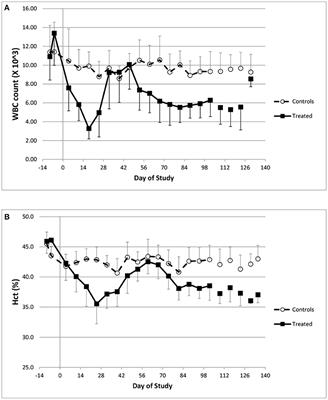ORIGINAL RESEARCH
Published on 15 Apr 2022
Anti-cancer Drugs Associated Atrial Fibrillation—An Analysis of Real-World Pharmacovigilance Data
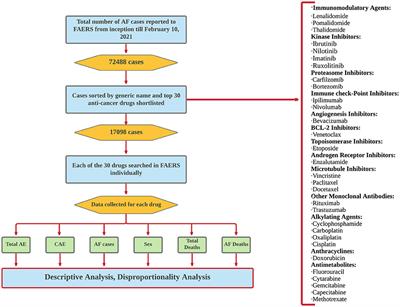
doi 10.3389/fcvm.2022.739044
- 4,925 views
- 22 citations
19k
Total downloads
66k
Total views and downloads
ORIGINAL RESEARCH
Published on 15 Apr 2022

CASE REPORT
Published on 06 Dec 2021

ORIGINAL RESEARCH
Published on 19 Nov 2021

ORIGINAL RESEARCH
Published on 29 Oct 2021
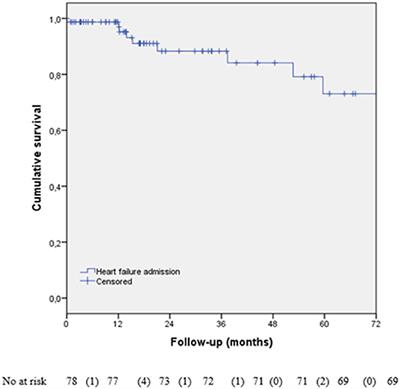
REVIEW
Published on 27 Jul 2021
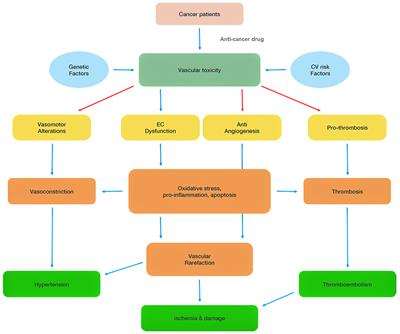
ORIGINAL RESEARCH
Published on 16 Jun 2021
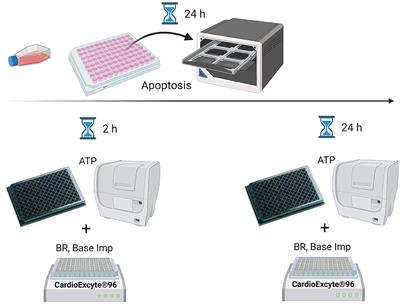
MINI REVIEW
Published on 27 Apr 2021
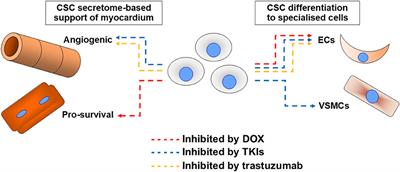
MINI REVIEW
Published on 23 Apr 2021
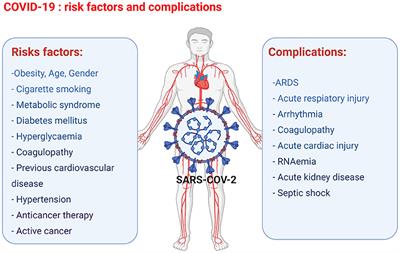
BRIEF RESEARCH REPORT
Published on 06 Apr 2021
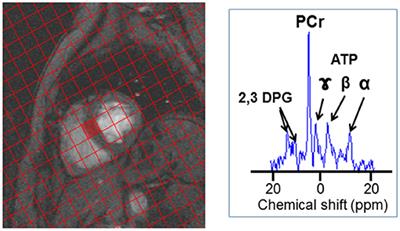
ORIGINAL RESEARCH
Published on 01 Apr 2021

CASE REPORT
Published on 19 Mar 2021
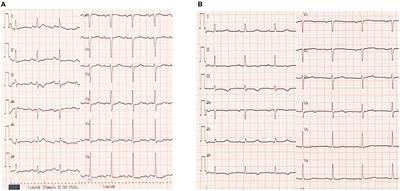
ORIGINAL RESEARCH
Published on 23 Feb 2021
